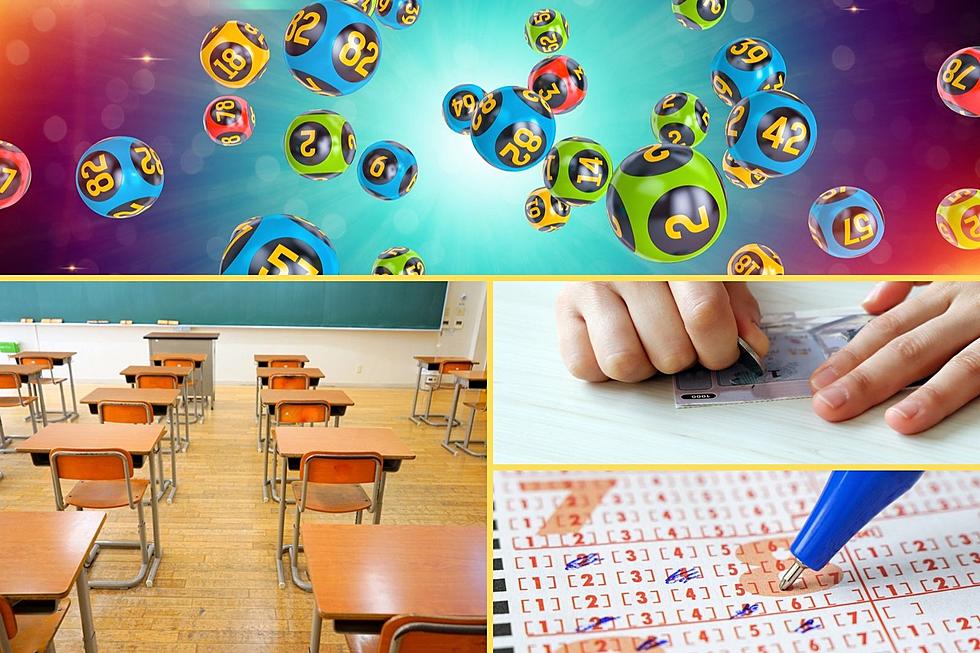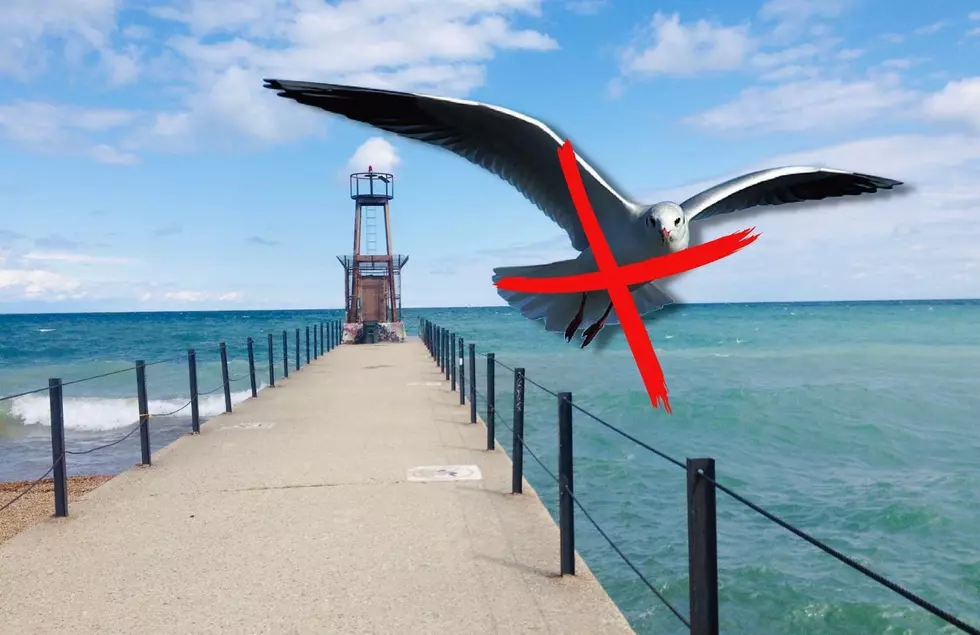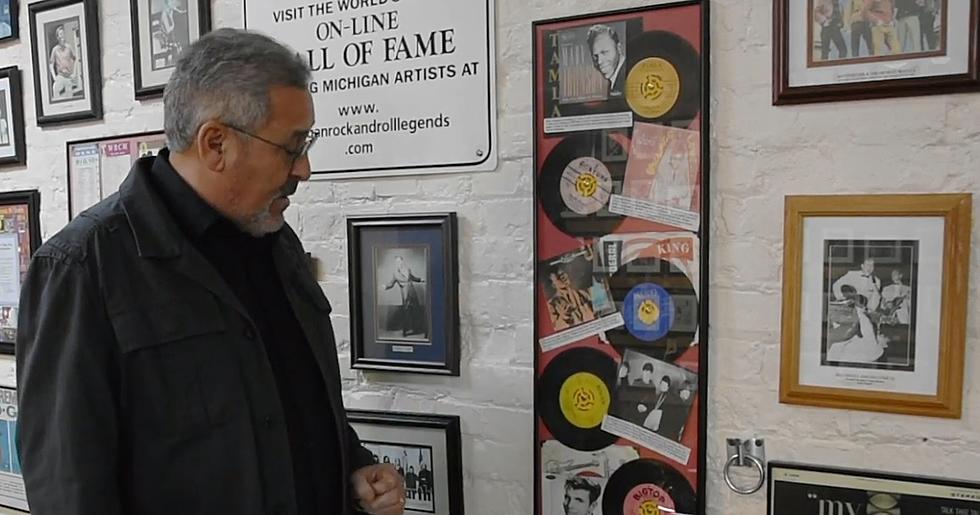
So How Much Of the Michigan Lottery Profits Actually Goes To Schools?
The Michigan Lottery takes in nearly $1.2 billion a year for Michigan schools and it seems like after all these years our schools would be better.

When Did the Michigan Lottery Begin?
The Michigan Lottery was created in 1972 and the excuse was to use it for education and not having to increase taxes in your communities. The Michigan Lottery did not immediately release the profits for schools until 1981.
Since 1981 lottery money has been used for the state's education system. It is dispersed on a per-pupil basis meaning schools with more kids get more of the money. The money is allegedly used to pay teachers, climate-controlled classrooms, and to purchase books.
Why Are There School Programs That Go Away?
Many Michigan schools do not have music and arts programs any longer. A lot of Michigan schools no longer have music programs or sports teams. Some parents have to buy their kids books and school materials each year. Schools are having a tough time keeping teachers because of poor wages.
How does nearly $1.2 billion in Michigan Lottery revenue barely make a dent in expenses for schools? We even have fewer schools than we did in 1981.
Local taxes have been raised for schools since the 70s but yet there is not enough money for Michigan schools.
How Much of the Michigan Lottery Profit Gets Used for Schools?
Billions have been raised for Michigan schools in over 40 years of collecting money from the Michigan Lottery. Just how much of that money actually makes it to a school.
The bulk of the lottery money is used to pay the winners their prizes and that equates to 61 cents per dollar. 28 cents goes to fund schools. 9 cents goes to lottery ticket vendors. 2 cents funds the Michigan Lottery's administrative costs.
There are over 1.5 million students in k-12 public schools and the means about $780 of lottery money is issued per student.
With over a billion from lottery money, millions from school tax funds plus school millages, you think there would be a surplus on money for our schools but that is not the case. I find that hard to believe.
READ MORE: Worst Dollar Store Buys
READ MORE: Michigan Shoppers Refuse To Buy Generic Versions of These Products
More From WKMI










